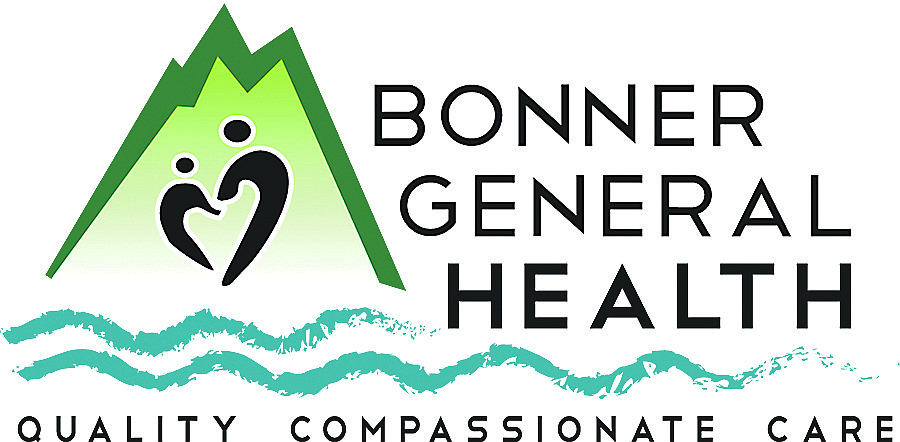Your infant can break the chain of familial obesity.
Obesity. It’s been named one of the most serious public health challenges of the century. It can harm a child’s heart and lungs, muscles and bones, kidneys, and digestive tract, as well as the hormones that control blood sugar and puberty, and let’s not forget to mention it can take a heavy toll on a child’s social and emotional well-being.
In the last thirty years, childhood obesity rates have tripled. That means that one in six children in the U.S. today is obese, and one out of three is either obese or overweight.
Too little exercise and too many calories from food and drink are the main contributors to childhood obesity, the Mayo Clinic says. “If your child comes from a family of overweight people, he or she may be more likely to put on weight. This is especially true in an environment where high-calorie foods are always available and physical activity isn’t encouraged.”
Now, I’ll be the first to say I think that fat babies are adorable. But Harvard Health says that thinking about a roly-poly belly and thighs as healthy and temporary may not be the right way to look at it.
“It used to be that baby fat was indeed healthy and temporary. In the days when infant mortality was high, a little heft meant some extra reserves for the baby. And until recently, most children lost their baby fat once they got old enough to be active outside. But modern medicine has made babies far more likely to survive — and modern technology and other societal factors have made children far more likely to be sedentary. The reality is that baby fat turns into child fat, which turns into adult fat,” Harvard says.
Of course, your child’s pediatrician is the best resource for information about your baby’s health. You will want to discuss any concerns you have with the doctor as soon as they arise. But, if your baby’s weight concerns you because your spouse or you are overweight, here are a few tips.
Harvard says that although some mothers cannot or can’t do it for very long, breastfeeding is the best way for your baby to get all their nutritional needs. “Not only is the food perfectly designed, it’s almost impossible to overfeed while breastfeeding. Even if the baby stays there for a long time, after 10 to 15 minutes they are mostly just sucking for comfort and not getting milk.”
They suggest not responding to every cry with a feed. “Babies cry for all sorts of reasons. Sometimes it’s hunger, but sometimes they cry when they are tired, scared, overwhelmed, bored, uncomfortable, or just want to be held.”
The recommendation is to try other things before succumbing to giving the baby something to eat. It’s essential because otherwise, the child may begin thinking that they need food when they are tired, scared, overwhelmed, bored, or uncomfortable — got it?
On a similar note, don’t overfeed the baby. Unless the pediatrician has instructed you otherwise, don’t worry if the baby doesn’t finish its bottle or bowl of food. “If your baby is healthy, when he says he’s done, he’s done. Let him listen to his hunger cues; it will be important for the rest of his life.”
Harvard says babies will eat anything. I know; it made me smile, too. They recommend that before the baby gets to be a picky eater, you should introduce fruits and vegetables, whole grains, legumes, fish, and lean meats. “While iron-fortified baby cereals can be healthy, don’t overdo them.”
Here’s an interesting concept that Harvard shared: “Children who eat meals with their parents are less likely to be overweight — and family dinners help build strong relationships and help children succeed in school (and help keep teens out of trouble). Make it a habit early.”
And finally, Harvard says to get your baby moving early. “Get your baby on the floor; do ‘tummy time,’ encourage movement. Make safe places for them to crawl and learn to walk and run. If you make active play and family exercise a normal part of every day, it not only helps babies get to and stay at a healthy weight, it makes it more likely that they will be active as children, teens, and adults.”
Kathy Hubbard is a member of the Bonner General Health Foundation Advisory Council. She can be reached at kathyleehubbard@yahoo.com.



